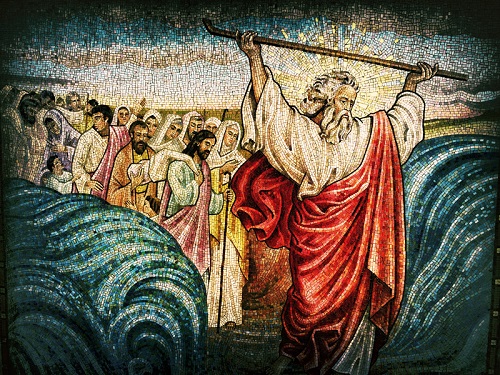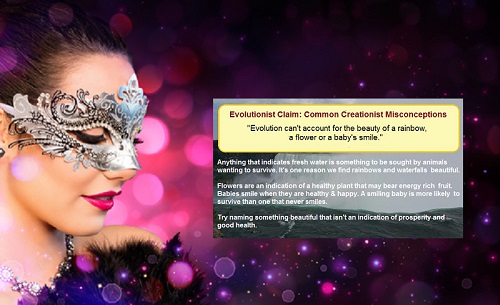
Moses parting the Red Sea so the children of Israel could cross during the Exodus
Editor’s note: This article began as a demonstration of errors in Egyptian chronology, but to get there it was necessary to first lay down foundational information concerning the exodus. Which pushed back the Egyptian info to part 2. What follows is the foundational info on the exodus.
A common way to try to discount Biblical truth is to to challenge the event based upon the age. The challenge comes either because 1. Scientist think the Biblical account is too young (e.g. age of the earth/universe) 2. Scientist can’t find evidence of the event at the time period they think it happened (e.g. The Exodus) or 3. Scientists believe they have found evidence that disproves the Biblical time line (e.g. ancient artifacts like the Dendera Zodiak or the below Egyptian pyramids.)
This is ironic because out of all the things science can do, one thing it cannot do is measure age directly. Age – the amount of time passed – is not something you can measure with instruments after the fact. Yet it is one thing scientists tend to get the most adamant about. But when scientists claim to be measuring the age, what they’re really doing is measuring a property of something that usually varies regularly with time, such as the number of half lives of a radioactive element, or the number or rings in a tree trunk. But strictly speaking, they are not measuring age. And more importantly – the assumptions they make when attempting to determine the age are often wrong, throwing the estimated age off.[1]




_550.jpg)




